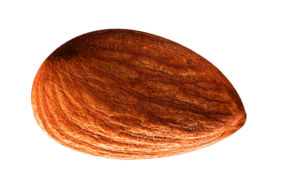

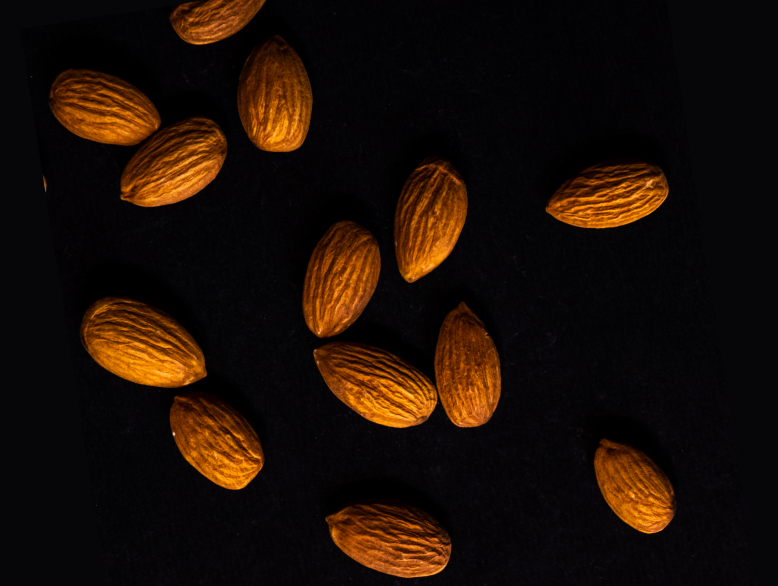
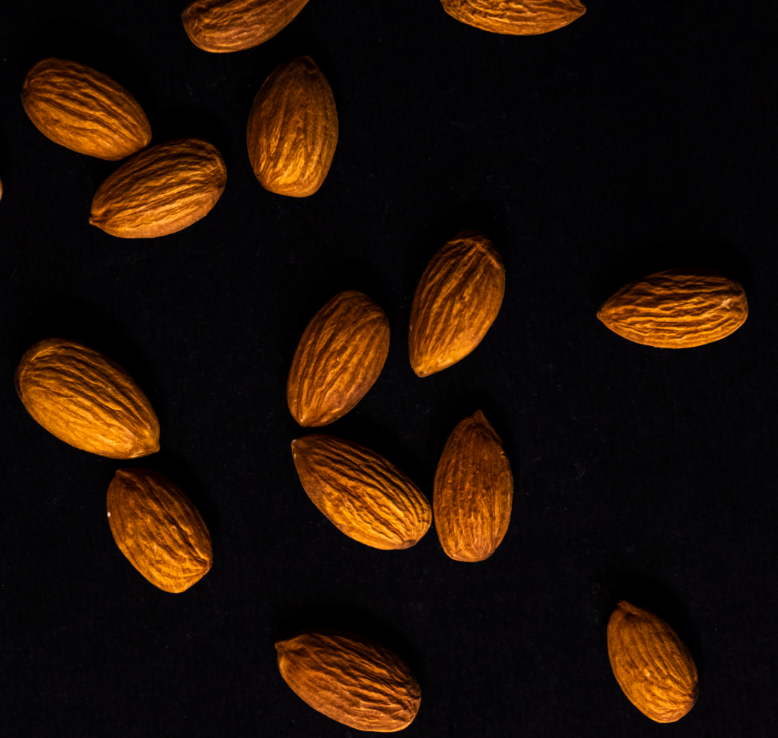






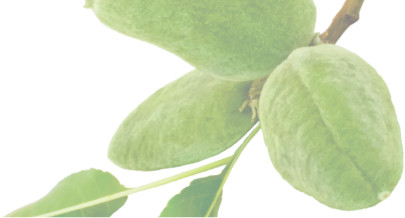
Plant-Based Protein vs Whey Protein: What’s the Best Protein Source for Your Products?

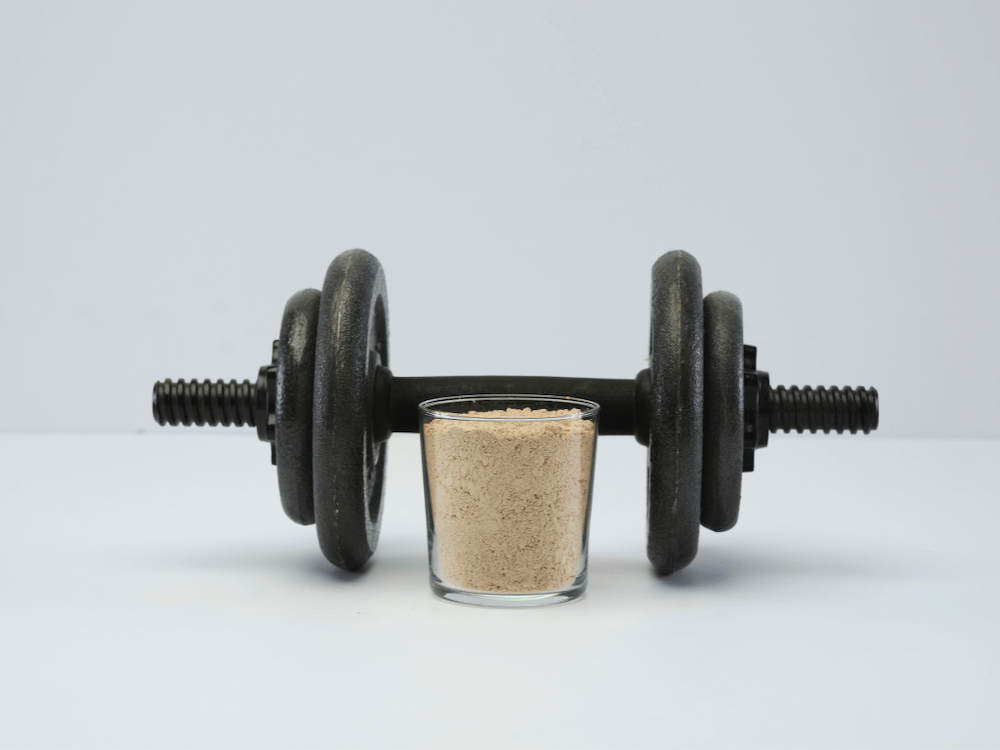
You want to provide your customers with top-of-the-line high-protein offerings, but it can be tough to figure out what type of protein is the best option. Protein is critical for helping your customers meet their weight loss and fitness goals but understanding what kind of protein is the best fit for your program is key to getting your customers the best results possible. From pea protein to almond protein to whey-based options, you’ve got your hands full when it comes to figuring out how to best serve your target market and meet their protein needs.
Here, we’ll explore everything you need to know about plant-based and whey-based protein options, helping you to decide which choice is the best fit for you and your customers or clients.
The Health and Wellness Industry and Protein Powders: What You Need to Know
When it comes to choosing a protein powder, quality matters. You’ll get what you pay for when it comes to health and wellness supplements, and soy- and whey-based powders rarely deliver the same results and satisfaction as higher-quality protein powders.
There are several different forms of protein powders, including hydrolyzates, isolates, concentrates, and whole protein powders. Typically, whey protein is delivered in its whole form. Whey is the liquid part of milk that’s separated from the fats during the process of making dairy products like cheese and yogurt. To make whey protein powder, the proteins are separated from the whey. On the other hand, many plant proteins are either protein concentrates or isolates. Concentrates usually have a lower percentage of protein than isolates. Hydrolyzate powders contain amino acids, the building blocks of protein, that are already broken down to make them easier for the human body to digest.
Protein powders have come a long way in recent years. For many, protein powders are a great way to boost weight loss, build muscle mass, promote muscle recovery, or simply grab a nutritionally sound meal on the go. When shopping for protein powders, customers are now savvier than ever.
Today’s health-minded consumer is interested in protein powders that have low amounts of added sugars and artificial sweeteners, high amounts of digestible protein, a healthy amount of fiber, and a list of ingredients that the consumer can easily recognize. Plant-based proteins are simple solutions to meet all these nutritional needs while also expanding your product to a wider audience. Providing vegan protein powders and protein products helps consumers experience advanced health benefits and allows companies to satisfy those looking to increase their protein intake without animal products.
Whey Protein: How It’s Made
As mentioned above, whey forms when milk products are made, and the watery portion of milk (whey) is separated from the other components. Whey protein powders contain all nine amino acids. In many cases, whey protein supplements have little taste of their own, so it’s easy for manufacturers to add colors and flavoring to whey protein so that it can take on a flavor of its own.
Casein is the solid layer that lies directly below the whey when it’s separated from the solid components of milk that make up cheese and yogurt. Many dairy-based protein products are heavy in casein. The compound digests slowly, making it a good fit for people who are looking for a protein product that can help keep them satiated between meals.

Almond Protein: An Innovative Approach
If you eat a plant-based diet, you’re all too used to people asking you how you manage to get enough protein throughout the day. Thankfully, plenty of plants are loaded with protein, making it easier to stick to your nutritional ideals and still get the protein necessary to take workouts to the next level.
There are many different plants that can be used to create a plant-based protein powder, including:
- Peas
- Brown rice
- Nuts (Including Almonds)
- Soybeans
The process of making a powder that’s a plant-based protein source is different than that of making a dairy-based protein powder. It will also differ depending on the specific plant source.
At Harris Woolf Almonds, we put a high emphasis on food safety and using the best methods to produce the highest-quality plant protein powder. Our almond protein powder is started with mechanical harvesting and sorting of our almonds. Next, the almonds are blanched (typically), roasted, ground into a paste, and then pressed into a defatted cake. The remaining almond oil is used in other products while the cakes are ground into a fine powder. The result is a vegan protein powder, the perfect ingredient solution packed with nutrients.
Many fitness and nutritional professionals agree that almond-based protein powder is the best way to go. The nutty taste lends itself to blending well with most flavors and has a great nutrient profile. While almonds are packed with protein, they’re also a great source of magnesium and potassium, which can help your clients push through their next tough workout. Almonds are also packed with fiber, which can help keep your clients full between meals. Comparative studies have shown that almond-based protein powders may be just as beneficial to muscle growth and muscle building as dairy-based protein powders.
Key Nutritional Differences Between Whey and Plant-Based Protein Powders
When it comes to choosing the right protein powder for your clients, you’ll want to consider whether whey or plant-based options are a better fit. Most people find that a plant-based protein lends itself to appealing to a larger customer base. Let’s explore why.
Taste
While whey protein has little taste at all, many people find that they prefer the taste of nut-based protein powders. When people are working to watch their calories, they often want all the flavor they can get. Adding the taste of almonds to a protein shake can be a welcome break from the blandness that many people experience with whey-based protein powders.
Almond protein powder can be the perfect fit for blending with chocolate, vanilla, and strawberry powders. The subtle almond taste can add a depth of flavor that keeps customers coming back time and again.
Digestibility
Many people struggle with digesting dairy, and for those with lactose intolerance, whey-based protein powders can be rough on their stomachs. More people can easily digest the protein in plant-based protein powders. Plant-based protein powders appeal to the digestive needs of a wider audience than whey-based protein powders.
Weight Loss
Fiber is key when it comes to losing weight, and it’s important that people who are using protein shakes as a part of their weight loss plan have the fiber that they need to stay full between meals. Dairy-based protein shakes and animal proteins in general naturally contain very little fiber. Whey protein powders that do contain high amounts of fiber are typically packed with additives, which can be hard on the stomach. Plant-based protein powders, on the other hand, are filled with naturally occurring fiber that many people find easier to digest.
Taste is also key when it comes to using protein powders for weight loss, as many people have a hard time sticking to a plan that doesn’t taste good. Choosing the best-tasting protein powder can go a long way in helping people stick to their weight loss plan.
Providing Diverse Protein Solutions
Getting plenty of protein is key when it comes to both building muscle and losing weight, and it’s smart to offer your customers a variety of options for using protein powder and protein-heavy products in a way that makes sense for their day-to-day lifestyles.
Using Protein Powder: Getting Creative
There’s no need to just stick to protein shakes when it comes to getting enough protein throughout the day. It’s a smart idea to talk to your customers about how they can work protein powders into their diets in a variety of creative ways, including:
- Adding protein powder to coffee
- Blending protein powder with coconut oil to create chocolate-dipped treats
- Mixing protein powder with oats, nut butter, and mini chocolate chips to make energy balls
- Adding protein powder to oatmeal and soups
- In addition to and/or a substitute for baking flour in cakes and pastries
Why Plant-Based Powder is King
It’s clear: plant-based protein powders come out on top, time and again. Whether you’re looking for the most digestible option for your customers or you’re more interested in finding the best-tasting choice, almond and other plant-based proteins are the perfect way to help your customers get the protein they need.
Innovative Almond-Powered Protein with Harris Woolf Almonds
At Harris Woolf Almonds, we’re proud to work with our customers to provide the highest-quality almonds on the market today. We believe in sustainability and creating a company that gives back, all while providing our clients with foods they can trust. As the world’s premier independent wholesale almond producer, we’re here to listen. Whether you’re looking to develop the best protein powder or protein product on the market or you’re looking for a sustainable company to help meet the nutritional needs of your clients, we’d love to talk with you. Check out our innovative almond protein powder and reach out to us today to learn more.

